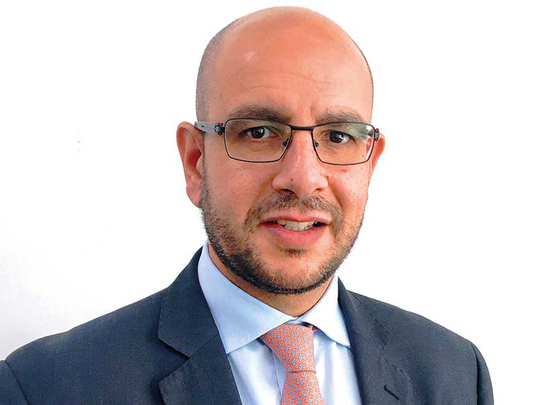
Dubai
Buying medicines is proving to be a bitter pill for Dubai’s residents.
Even with full medical cover available, both on an individual basis and that provided by companies to their employees, over-the-counter medicines come with strings attached in the form of co-insurance payments.
This is the percentage the insured will have to pay, typically 10-20 per cent of the cost of accessing health care or buying medicines, on each transaction.
For those who need to make periodic trips to the pharmacies to top up their allotted doses, the co-insurance payouts can add up to quite a total. It has become a particular burden this year.
So, is there a cure? “An effective way would be to reduce co-participation (payments) when generic drugs are prescribed,” said Andre Daoud, Chief Business Officer at NEXtCARE, the health insurance administrator. “This may mean lower drug costs leading to a balanced approach.
“Co-insurance (payments) on pharma may be revisited — however any drop in co-participation would mean higher spend (for insurers).”
According to health care industry sources, there has been an increase in doctors prescribing generic medicines as opposed to branded/patent-protected drugs. Generic medications come at quite a sizeable price difference, even as much as 20-30 per cent on average.
Local insurers are also using their clout to get hospitals and clinics to write out more generic drug prescriptions and to thus lower overall cost of accessing over-the-counter medicines.
But it is unlikely that insurers will be game to see any cuts in the co-insurance percentage paid by the insured.
“Co-participation has historically proved to be one of many possible effective ways of cost containment on health insurance,” said Daoud. “This mechanism engages the patients in sharing the expenditure along with the insurer.
“It is key to keep in mind that a controlled spend, means lower claims ratios leading to healthier premiums and indirectly positively affecting the population. A 20 per cent co-participation is considered to be quite effective when looking at plans with such similar shares.
“It is also believed to be on the higher side and unlikely to see patient’s share increase beyond. The mechanism works in a way that medical providers choice is determined based on cost. As the more expensive the provider, the higher the patient share is, which indirectly steers patients towards more cost-effective service providers.
“It’s been a lifelong challenge in finding the right balance between cost containment and adequate level of medical services offered. It is natural as competition grows further and pressure on premium increases that the need to further scrutinise claims. If expenditure becomes loose, that would affect the entire ecosystem and may lead to increased costs. This would backfire on the end-user who in turn would have to pay higher premiums.”
In Dubai, these are still early days for the compulsory medical cover era. For the basic coverage, the health authority has maintained strict guidelines on the cost of insurance premium and the health services that an insured can claim.
But, going forward, outside of the basic, medical premiums are “expected to vary in line with the maturity of the market and patients changing claiming patterns and behaviour.
“Health care is one of the most complex lines of insurance and is part of a wide and inter-connected ecosystem,” said Daoud. “With more insurers offering the basic DHA (Dubai Health Authority) package, competition will lead to additional options and drive premium downwards,” said Daoud. “On the pricing side, though premiums may become more competitive, any premium drop has had to be justified to the regulator before change. This mechanism will provide balance to both the supply and demand.”












